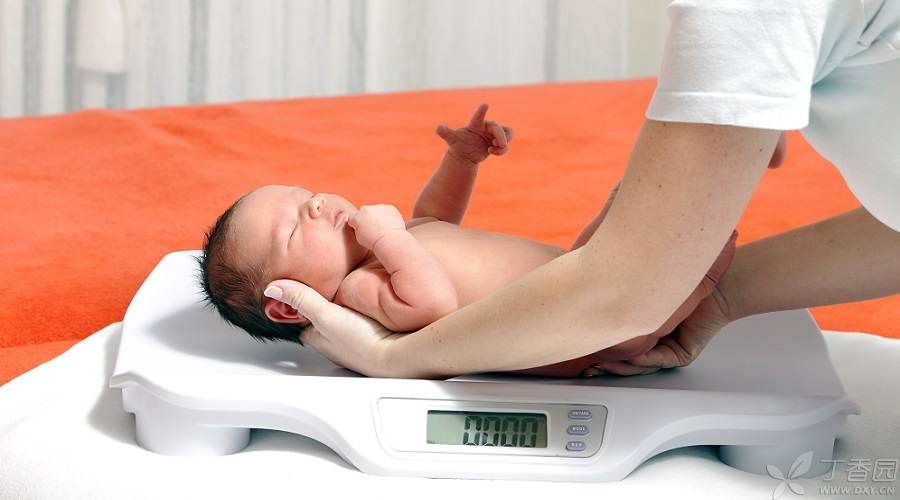
Ms. He was pregnant for 38 weeks. One night she suddenly found a large amount of liquid flowing out of her lower body without warning, just like urinating her pants. She was immediately frightened. After her husband called 120 first aid, she was worried that the ambulance could not appear at the door of her home instantly and called 110 police cars. Finally, the police car drove away and sent all the way to our hospital.
The husband ran all the way in a hurry, When he took his wife to the emergency room, he was already sweating profusely. The legs and feet are weak. After the doctor and nurse examined the pregnant woman, the fetal heart was normal, the uterus was not opened, and the pregnant woman felt no abdominal pain and no tight feeling in the abdomen. Turning his head, he calmly said to a worried husband: “It’s okay, it’s still early. Just broke the water, don’t worry, send it to the delivery room for delivery first]. The husband was stunned for a long time and couldn’t react…
In fact, Ms. He’s situation is caused by premature rupture of membranes.
Is there a difference between premature rupture of membranes and [amniotic fluid rupture] in what?
The function of the fetal membrane is to maintain the integrity of the amniotic cavity, Protect the fetus. Under normal circumstances, the fetal membrane should rupture only when the uterine opening is nearly full-time after labor, and then the amniotic fluid leaks out, which is commonly known as [amniotic fluid breaks]. Some pregnant women have not yet given birth, and the fetal membrane breaks before normal uterine contraction occurs. This situation belongs to premature rupture of membranes and is also [amniotic fluid breaks].
Premature rupture of membranes is divided into preterm premature rupture of membranes with gestational age < 37 weeks, which indicates premature delivery. And full-term premature rupture of membranes, which is often the precursor of imminent labor.
Some Common Questions and Answers on Premature Rupture of Membranes

1. How to deal with premature rupture of membranes found at home?
Once more water is found flowing out of the vagina, it is really necessary to send it to the hospital in time, and it is better to lie flat and transfer it, but there is no need for excessive nervousness and fear as mentioned earlier.
2. Will amniotic fluid dry after breaking the water, causing fetal asphyxia?
As the amniotic fluid continues to flow out, The parturient is worried that the amniotic fluid will run dry. In fact, amniotic fluid will not run dry. Amniotic fluid during pregnancy is exchanged every day, continuously produced and continuously absorbed. The daily exchange volume of full-term pregnancy can reach 800 milliliters. On the one hand, amniotic fluid will be continuously produced, on the other hand, with the outflow of amniotic fluid, the uterus will gradually shrink, or after uterine contraction, the fetal head will be squeezed into the pelvis, which can prevent amniotic fluid from flowing out.
Premature rupture of fetal membranes occurs at term of pregnancy, which generally does not affect the progress of labor. However, if there is abnormal fetal position, high fetus, large rupture of fetal membranes, excessive amniotic fluid outflow, it can lead to difficult delivery, umbilical cord compression and even umbilical cord prolapse, dystocia, fetal asphyxia, etc. Therefore, once the water is broken, the buttocks should be lying flat and raised to reduce amniotic fluid outflow, and then sent to the hospital for examination and delivery.
3. How long does it take for premature rupture of membranes to be born?
Premature rupture of membranes at term accounts for about 8% of all pregnancies, Often followed by the rapid onset of natural labor and childbirth. Women with premature rupture of membranes, Without any intervention, 50% will give birth on their own within 12 hours, 20% of them gave birth within 12-24 hours after rupture, 25% of pregnant women will give birth within 24-72 hours. Doctors will evaluate the mother and child’s condition through various examinations. According to the specific situation of pregnant women, they will evaluate whether you can give birth vaginally. If it is suitable for you to give birth and there is no sign of giving birth, doctors will choose the necessary timing and methods to induce labor for you, that is, to use drugs or other methods to promote uterine contraction.
Finally, Ms. He, who was admitted to the delivery room, after spending the first night smoothly, induced labor with oxytocin the next day and gave birth to a girl weighing 6.5 kg, 24 hours away from the [police car].
Dear parents and mothers-to-be, it is really not easy to conceive in October. When it comes to giving birth, all kinds of nervousness and anxiety are normal. All kinds of emergencies, don’t worry too much, don’t panic, send to the hospital, and drive slowly on the road.
Responsible Editor: Haitang
